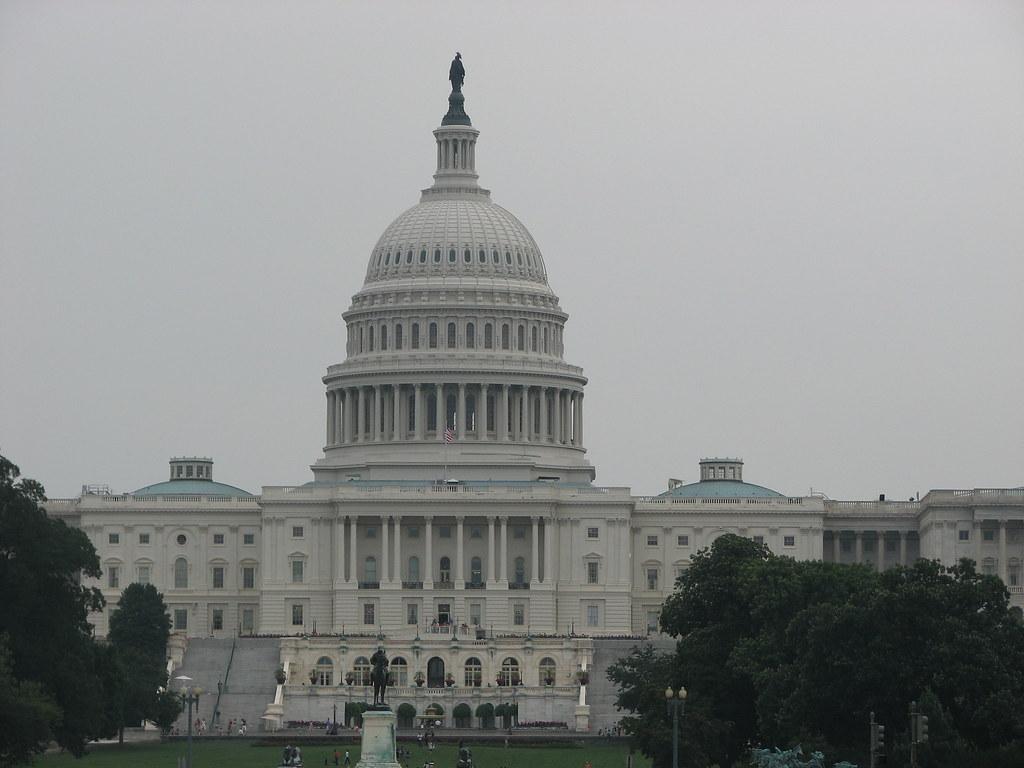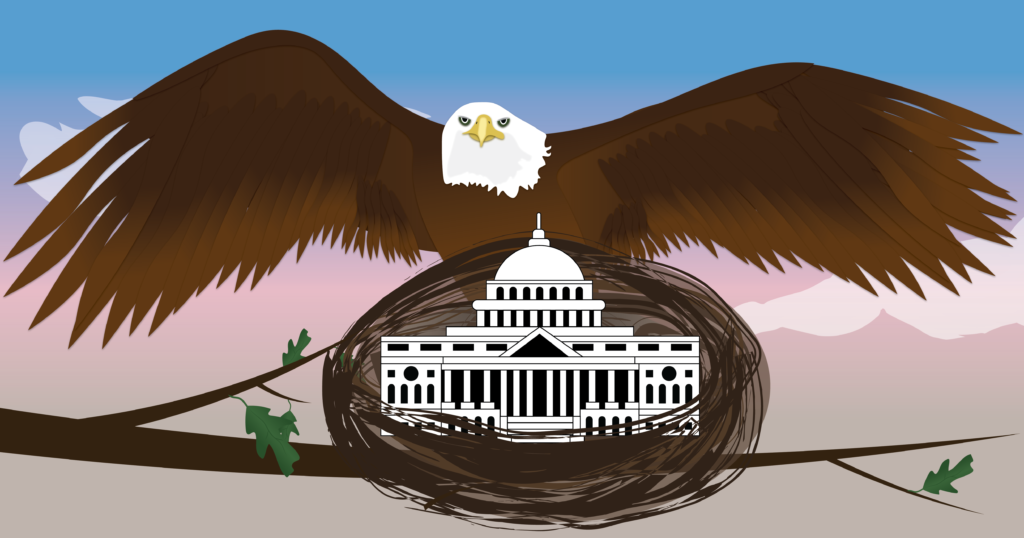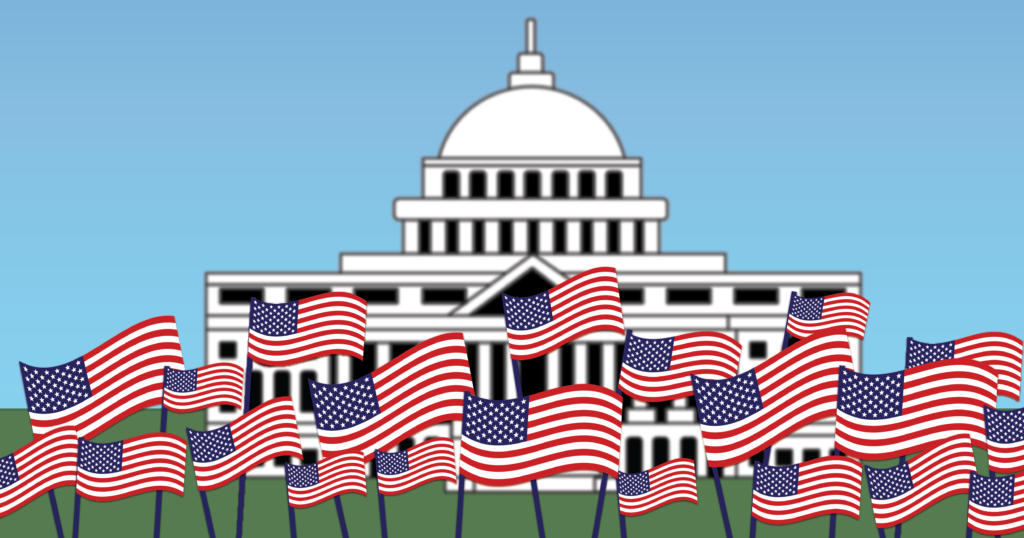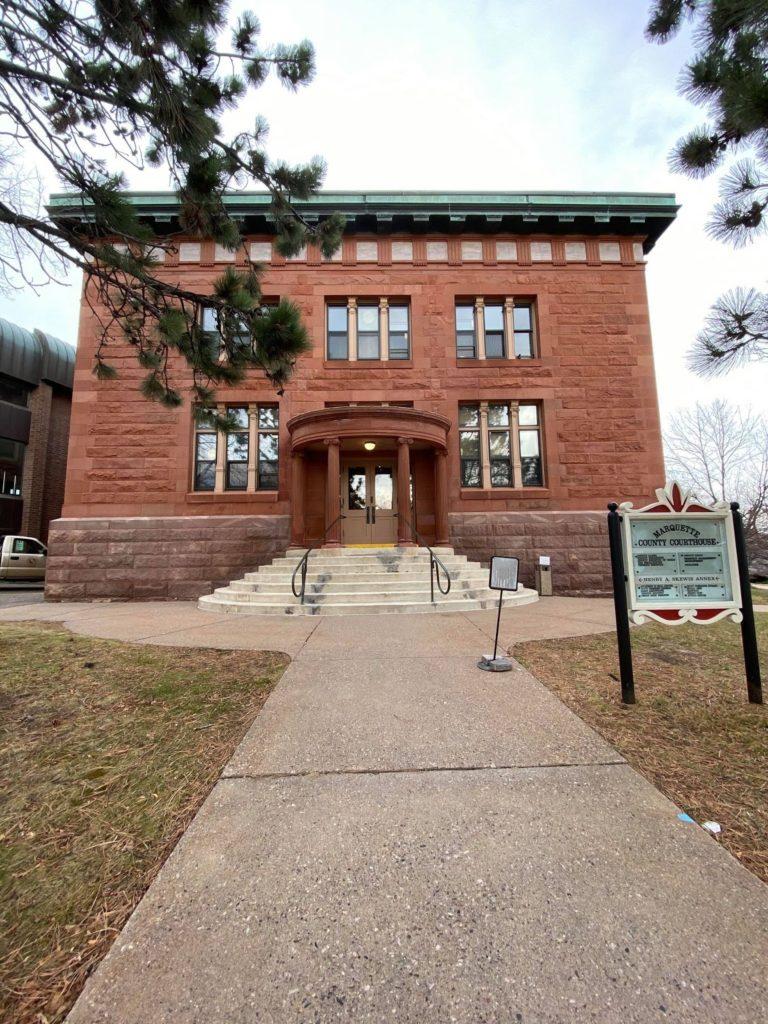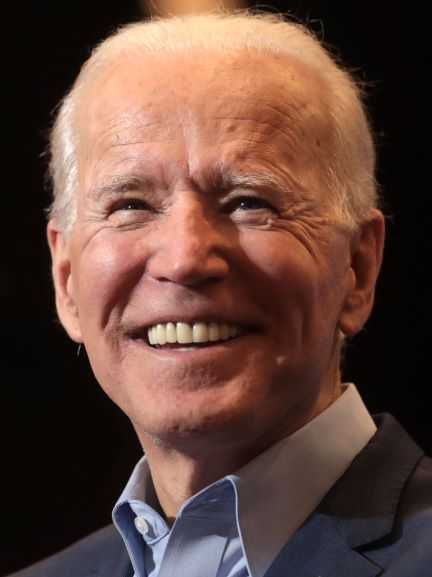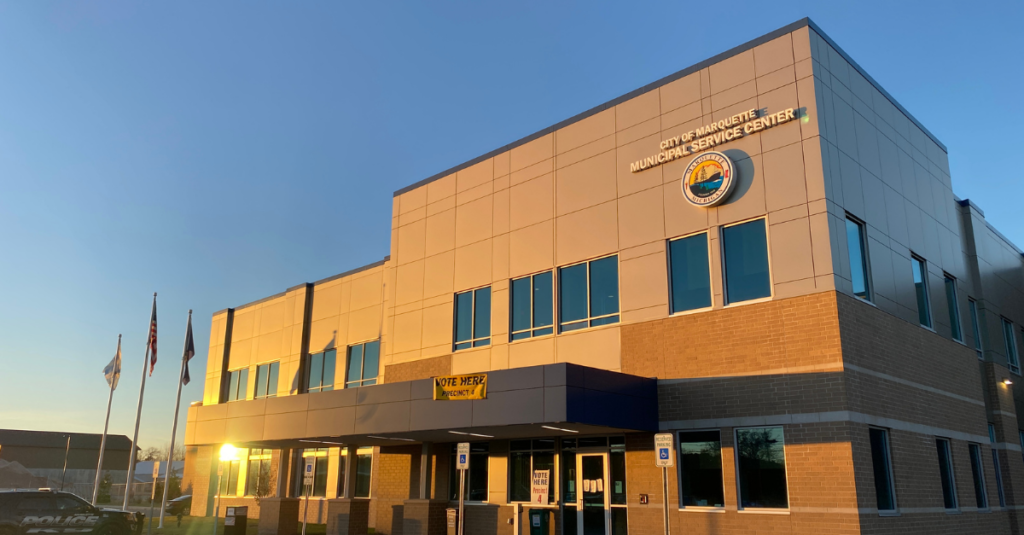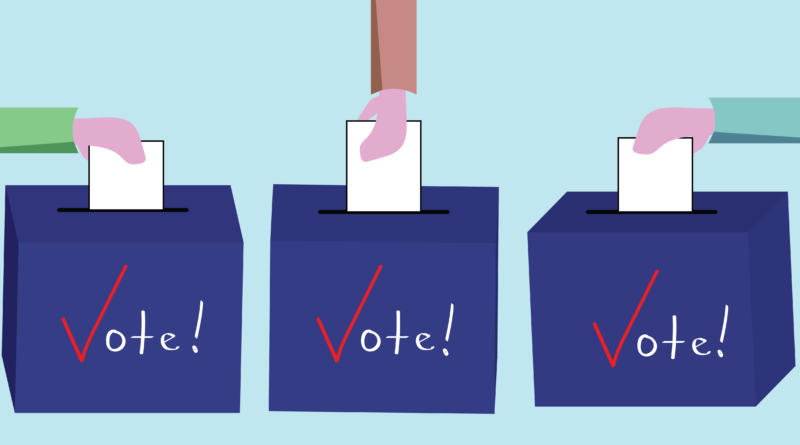At the time of the breach of the United States Capitol on Wednesday, Jan. 6, I was working my summer and winter job as a caregiver for the elderly. My client, who has been alive in this country for nearly a century, was shocked by the events unfolding in Washington. Due to privacy regulations I will not reveal her name. She turned on cable news and watched in awestruck horror as costumed rioters knocked in the windows of the Capitol and climbed inside.
“I can’t take this. I can’t believe this,” she said over and over.
She said that the Capitol was a nearly sacred place, a symbol of democracy. To watch it being invaded by armed rioters pained her. She likened this event to the attack of 9-11, when the sanctity of the U.S. borders was violated to disastrous effect.
The symbolic importance of the breach became apparent to me because of her reaction. It took another person’s perspective to teach me more about the potential consequences of Jan. 6. My foster brother, a refugee from Afghanistan, also told me what he thought of the breach.
“It’s unbelievable and impossible,” he said. “The United States has to help the world. It can’t be worrying about things like this happening inside the country.”
Chaos, violence and insurrection, in his view, were things that happened outside of the confines of the United States. They were things the U.S. was there to fix in other parts of the world, not things he expected to find once he got here to safety.
When he said this, I remembered what he told me about Afghanistan before the Taliban gained power there. It was modern and developing, he said, until the Taliban brought violence and chaos. In the aftermath, his family used electricity only when it was available, and usually went without. If they watched television, they did so in black and white. Childhood friends died in bombings. His brother, a journalist, was killed for his work.
His perspective impressed upon me the fragility of a stable nation. It can’t be that easy to plunge a country into disaster.
After everything else that’s happened in the past year, I found the breach to be in keeping with my expectations. I was hardly shocked, which seemed to point to a major problem.
I have faith that the United States will bounce back strongly from the breach of the Capitol. I believe that stability will return, and the peaceful transfer of power has now proceeded smoothly, just as it did when I watched Trump’s inauguration in 2016. That’s what checks and balances are for. I know that there will remain a deep divide between those who support Trump and those who do not, but I am hoping that the conflict will not continue to escalate, that it will diffuse, and that our nation will be able to focus on other pressing issues, like the environment, social justice, education and initiatives to improve the lives of human beings.
I have a friend who jokes about being “radicalized” by the events at the Capitol. What happened seems to have strengthened her partisan ties, and she has cemented her view of the opposing “side” as wrong, and perhaps even evil.
Yet I feel that we should all likely be heading in the opposite direction from radicalization. A polarized political climate requires more moderation, more discussion, more courtesy, more direct debate, more bipartisan actions.
Without moderation, I can’t imagine the breach of the Capitol will be the last eruption of violence and chaos that results from our current political climate. Yet we have the opportunity to cooperate, and work towards a better tomorrow in which rage and hate don’t erupt in violence the way they did on Jan. 6.
Editor’s Note: The North Wind is committed to offering a free and open public forum of ideas, publishing a wide range of viewpoints to accurately represent the NMU student body. This is a staff column, written by an employee of the North Wind. As such, it expresses the personal opinions of the individual writer, and does not necessarily reflect the position of the North Wind Editorial Board.























